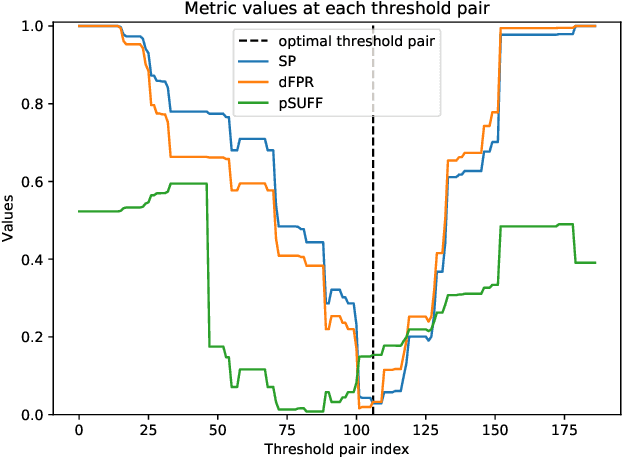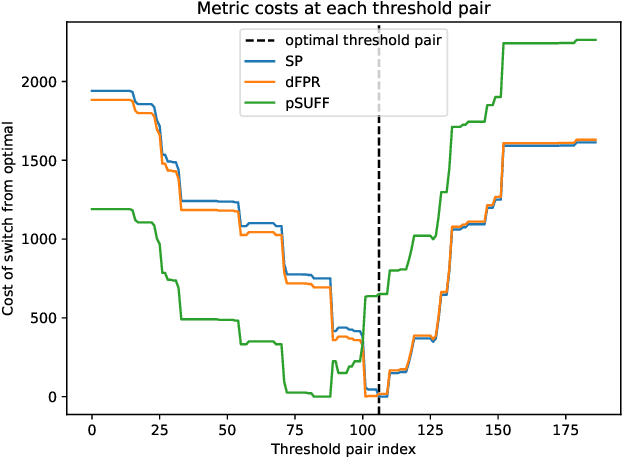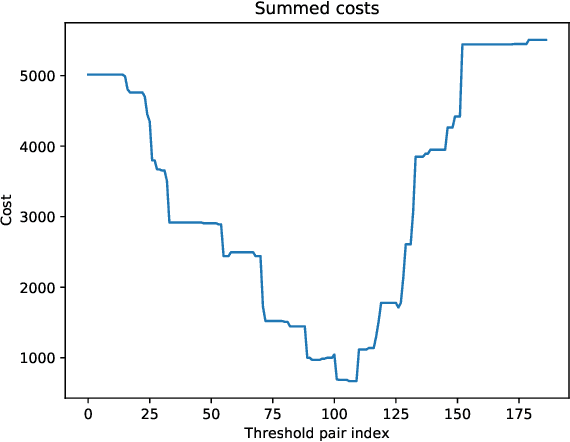Legally grounded fairness objectives
Paper and Code
Sep 24, 2020



Recent work has identified a number of formally incompatible operational measures for the unfairness of a machine learning (ML) system. As these measures all capture intuitively desirable aspects of a fair system, choosing "the one true" measure is not possible, and instead a reasonable approach is to minimize a weighted combination of measures. However, this simply raises the question of how to choose the weights. Here, we formulate Legally Grounded Fairness Objectives (LGFO), which uses signals from the legal system to non-arbitrarily measure the social cost of a specific degree of unfairness. The LGFO is the expected damages under a putative lawsuit that might be awarded to those who were wrongly classified, in the sense that the ML system made a decision different to that which would have be made under the court's preferred measure. Notably, the two quantities necessary to compute the LGFO, the court's preferences about fairness measures, and the expected damages, are unknown but well-defined, and can be estimated by legal advice. Further, as the damages awarded by the legal system are designed to measure and compensate for the harm caused to an individual by an unfair classification, the LGFO aligns closely with society's estimate of the social cost.
 Add to Chrome
Add to Chrome Add to Firefox
Add to Firefox Add to Edge
Add to Edge